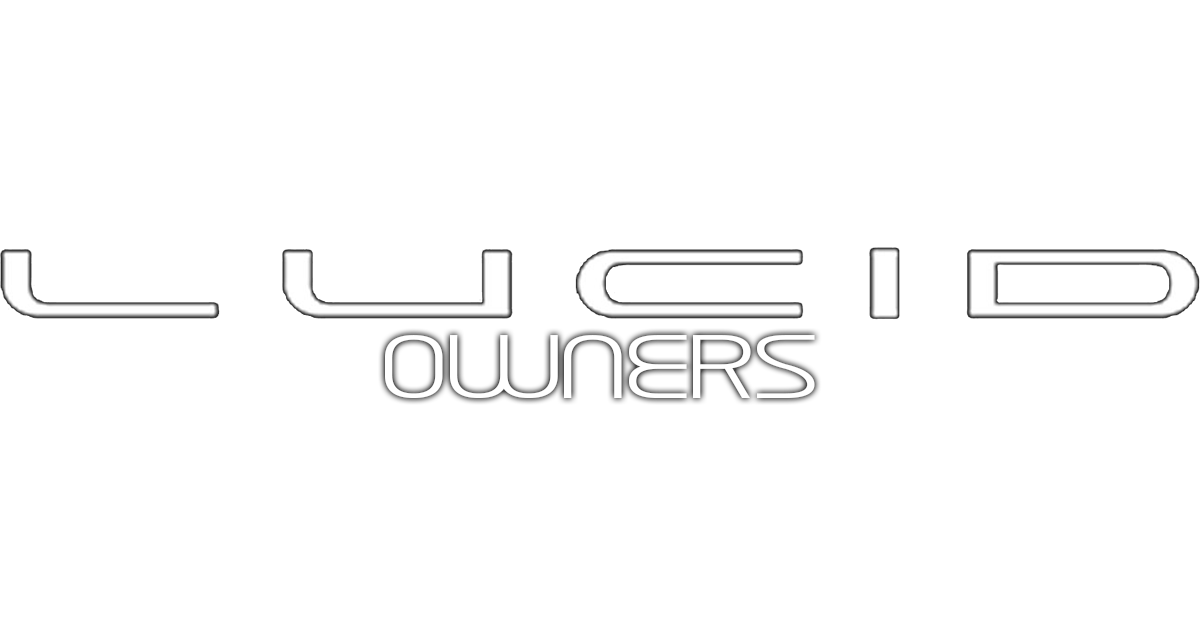amperage
New Member
I'm a longtime Tesla owner turned Lucid Air owner (loving the Air!), and have an important home charging question/dilemma: should I go with a "versatile" industrial NEMA 14-50 receptacle with 60A breaker, versus purchase the relatively pricey but fast Lucid Connected Home Charging Station and set up with appropriate conductors and 100A breaker, versus use my existing Tesla-branded Wall Connector (currently set up with 60A breaker)? It would be most convenient for me to use my existing Tesla Wall Connector and charge at 48A; I've read a little about adapters for Tesla to J1772/CCS so it'd work with Air. However, using a 3rd party adapter sort of worries me (overheating, "breaking warranty," etc). Lucid obviously won't endorse the third parter adapter. Am I overthinking this? Any wisdom is appreciated!
